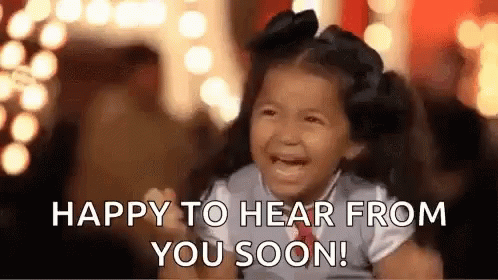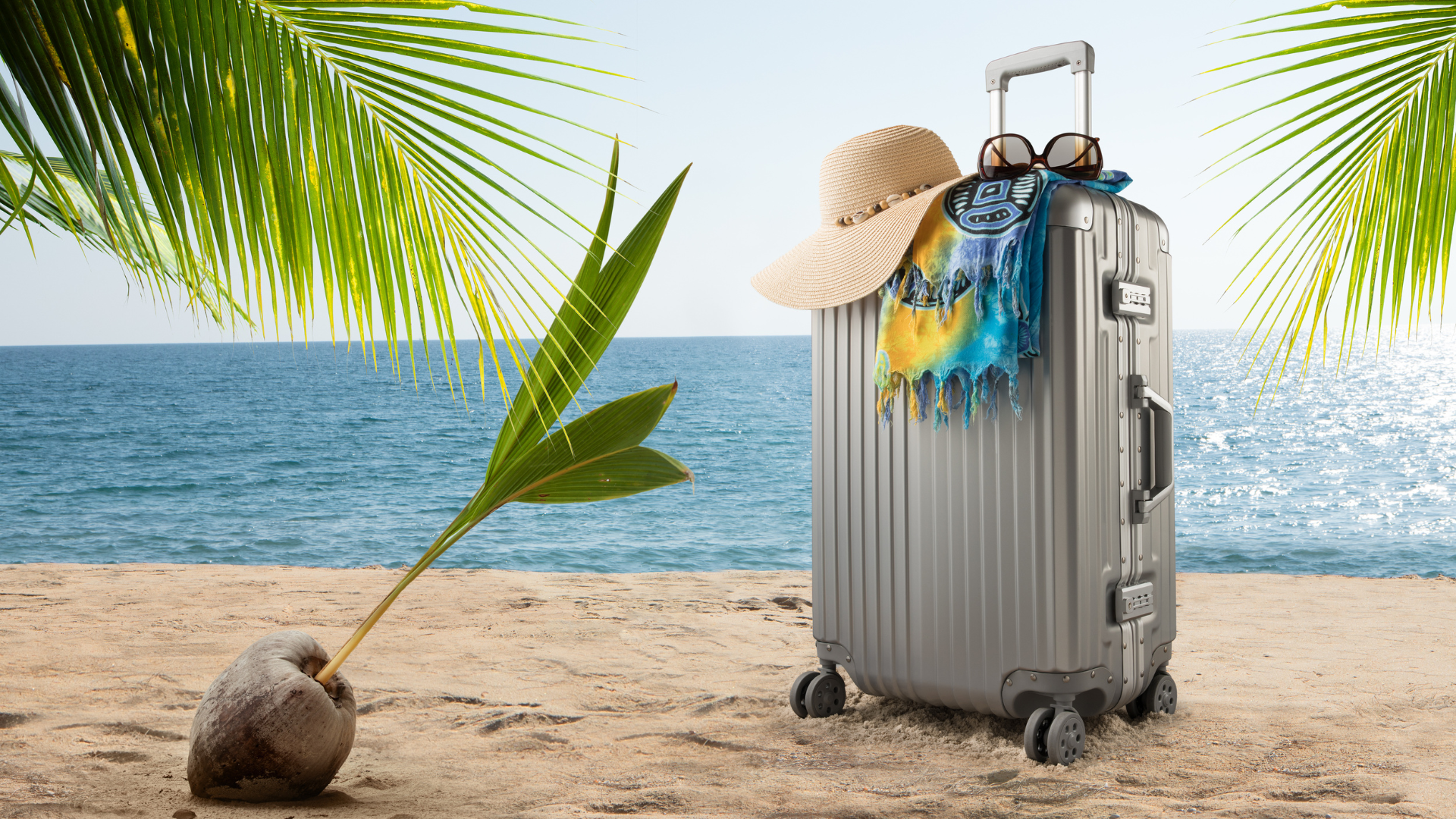How Depression Left Unchecked Often Worsens Through Isolation
When someone first begins struggling with depression, a common instinct is to withdraw from social connections and activities to cope with difficult symptoms like fatigue, sadness and low self-worth.

When someone first begins struggling with depression, a common instinct is to withdraw from social connections and activities to cope with difficult symptoms like fatigue, sadness and low self-worth.
Ironically, while it may feel temporarily protective to isolate when dealing with depression, pulling away from friends often makes the overall condition spiral into a deeper crisis over time.
In plain terms, unchecked depression tends to spread through self-imposed isolation. Depressive symptoms themselves don't initially cause someone to disconnect per se.
Rather, the person's choices to cancel plans, decline invites and retreat out of shame or feeling unable to engage relationally fuels ongoing loneliness. However, the subsequent lack of regular social interaction removes vital support.
Without community connections calling out distorted negative thoughts or offering mood boosts through shared experiences, depression digs in for the long haul.
Relentless rumination takes over the emptied schedule as loneliness poisons your motivation further. The phone stays silent while the bed becomes permanent bunker.
Retreating from any relationship lifeline that could help ease depressive cognitive patterns means no meaningful counter-evidence exists to alleviate emotional suffering rooted in isolation. Eventually, crisis points emerge and the situation spirals into panic attacks (and worse).
In essence, untreated depression often utilises isolation as both weapon and refuge, first by fostering withdrawal, and then weaponising the ensuing loneliness against you. But no matter how solidly it barricades sufferers from society, this condition never requires facing without allies.
Offering compassionate understanding, clinicians can co-strategise accessible social supports alongside medical/therapeutic options tailored to reduce relapse through intimacy voids that exacerbate depression exponentially.
Loneliness is at an all time high, globally, don't be a statistic, call a friend.




